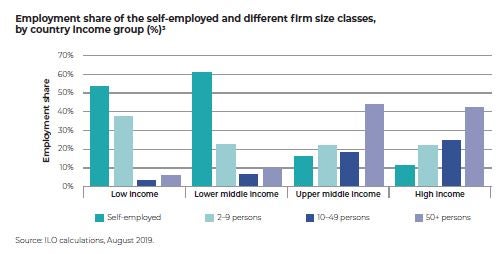· Excellent reflective VoxDev interview with Santiago Levy about Progresa/Oportunidades – in which he discusses some of the political economy behind the program, how the impact evaluation informed changes in the program over time, how he went about phasing out food subsidies by stealth, and where he thinks the program has not been a success (in the labor market – which he blames on the government not working on labor market policy)...I would have liked to get his views on the most recent scrapping of the program, as well as on whether the growing evidence base on UCTs has changed his view of the important of conditions.
· Teaching development economics: a website set up by some of the leading development theorists (Debraj Ray, Dilip Mookherjee, Andrew Newman, Ethan Ligon and Maitreesh Ghatak) with their lecture notes, sorted by topic. Will be great to see this website grow, and hopefully also add a lot more empirical exercises, given that development is already taught on an overly theoretical basis in many developing countries.
· Train too hard, eat the marshmallow? In Outside magazine, Alex Hutchinson (author of the great book Endure) summarizes a recent study that got triathletes to increase their training load by 40 percent for three weeks, and then found that overtrained triathletes became more likely to choose immediate rewards over delayed (and superior) gratification compared to the control group. He relates this back to other studies of whether willpower gets depleted. (Like much exercise science and science using MRIs, sample sizes are very small – N=37 french males, mysteriously assigned in a “pseudo-random manner that ensured matching of age and performance level”). In unrelated news, I’m marathon training and mysteriously eating a lot of chocolate...
· Africa is full of schemes to help entrepreneurs – the Economist covers several recent studies of efforts to foster small business growth.
· “Agricultural insurance is a cemetery of pilots and trials” – The New York Times interviews Thomas Njeru, co-founder of a microinsurance firm in Kenya.
· A new ILO report, Small Matters, uses data from 99 countries (not including the U.S. and Canada) to provide new data on the share of employment that the self-employed, micro and small firms cover. The headline numbers are that 70% of employment is in small units, and 62% in the informal sector – a big difference compared to estimates that rely on industrial censuses that miss a lot of the self-employed. In low-income countries, the share of employment in firms with more than 10 workers is particularly low, as seen below:



Join the Conversation